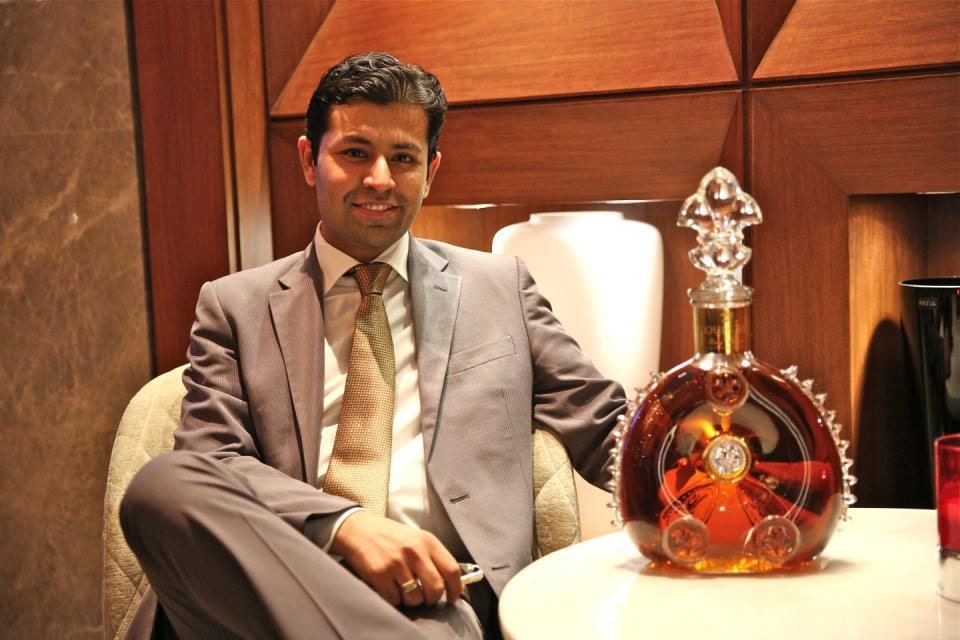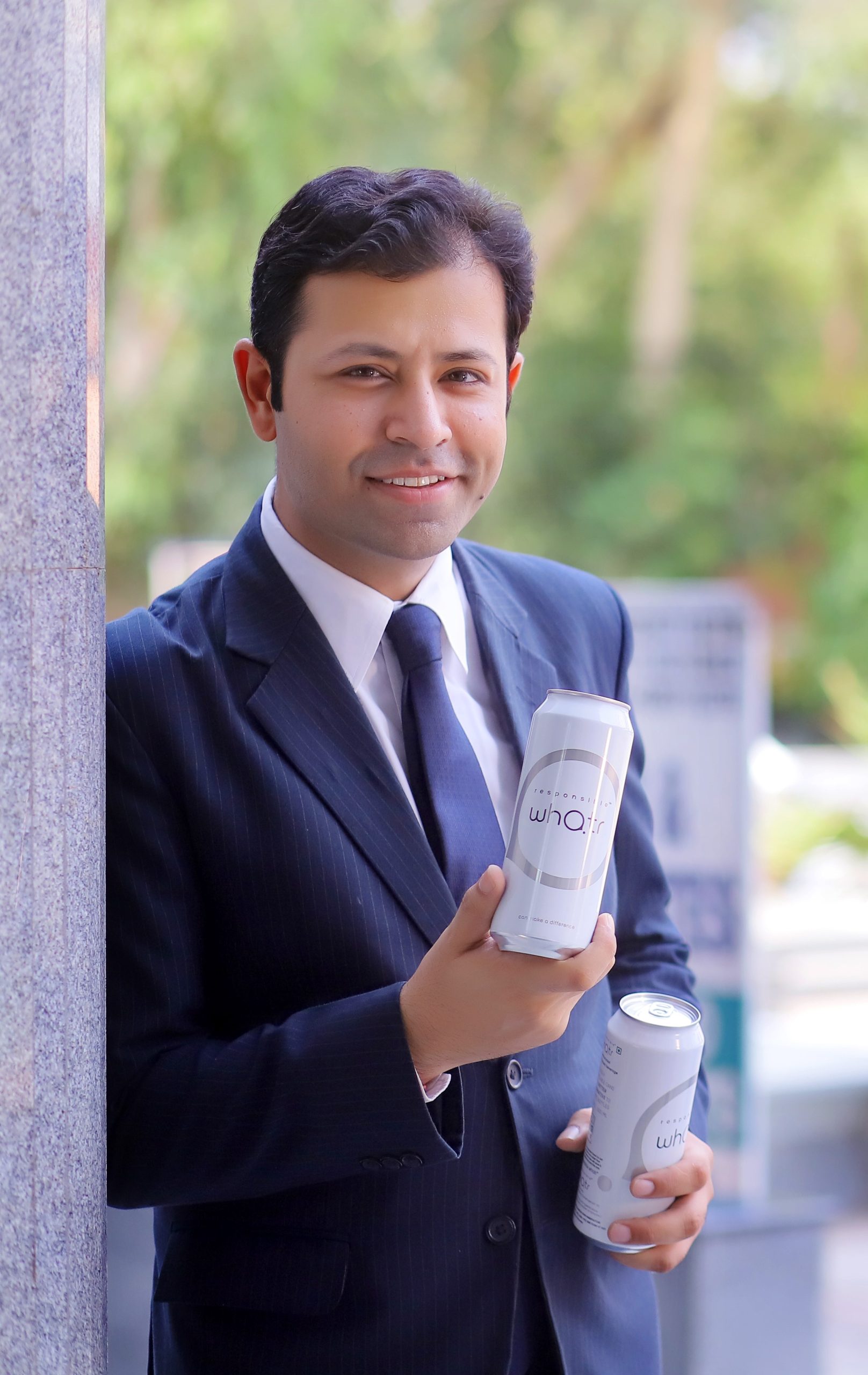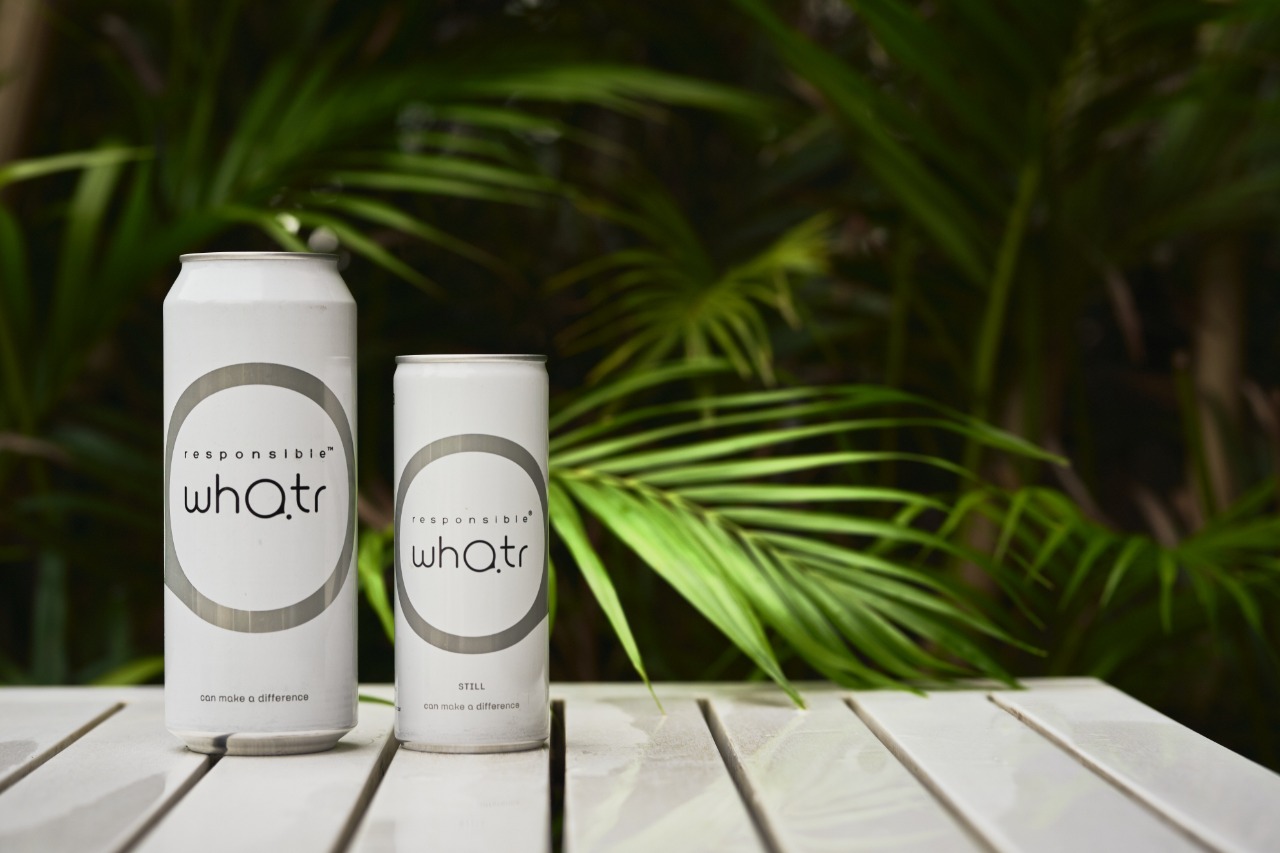(October 10, 2023) On November 26, 2008, when Ankur Chawla, then a trainee at the Taj Hotel in Mumbai, heard the first gunshot, his first thought was, ‘Oh no, the champagne bottle has broken.” Because obviously, how many of us can recognize the sound of gunfire, he would reflect later. His second thought was, “That was an expensive bottle.” He walked towards the sound, running calculations in his mind to see how much of his stipend he would lose in case he had to pay for it. As he approached the scene, a man came tumbling from the side and collapsed on the floor, and Ankur could see a steadily growing bloodstain spread across his white shirt. Before Ankur could react, another man came hurtling down, “in a t-shirt, jeans and holding a gun.” That was the start of the harrowing terrorist attack, which he recounts in his book, “14 Hours: An Insider’s Account Of The 26/11 Taj Attack.” It’s a story he has told and re-told many times over, but Ankur Chawla has a lot more up his sleeve.
Now a veteran in the hospitality industry, and a noted sommelier, Ankur is also the CEO and Co-founder of Responsible Whatr, which is reportedly India’s first natural spring mineral water beverage, packed in sustainable aluminium cans. He embarked on this journey in 2020, with a profound vision for a sustainable future and a mission to combat single-use plastic pollution. “We collect the water from a natural spring, and it goes through seven stages of filtration. The water is then packaged in cans made from more than 70 percent recycled aluminium,” explains the entrepreneur as he sits down for an exclusive interview with Global Indian.

Ankur Chawla, Founder and CEO, Responsible Whatr
Laying the foundation
Ankur Chawla completed his education at The Institute of Hotel Management in Shimla and commenced his professional journey as a management trainee at the Taj Mahal Hotel in Mumbai. Following this, he pursued a Postgraduate Programme in Leadership and Strategy at IMT Ghaziabad. Currently, he has enrolled in a hybrid MBA programme at the Liverpool Business School in the United Kingdom.
“My journey into the world of beverages began with my academic pursuit, as I studied beverages through the WSET programme in London. I successfully completed both Level II and Level III of the programme, gaining exposure to Master Sommeliers and participating in prestigious international wine events like Vinexpo. I also had the privilege of travelling to various wine regions across the globe.”
Buoyant on beverages
Following his educational journey, he took on the role of Sommelier at the Taj Mahal Hotel in Mumbai, where he also managed the renowned restaurant ‘Wasabi by Morimoto’. It was during this time that his entrepreneurial spirit began to take shape.
“My career path led me to become the Director of Beverages at JW Marriott New Delhi, where I had the opportunity to shape the Beverages programme. Additionally, I served as a member of Marriott’s Asia Pacific Beverage Advisory Board from 2014 to 2017, playing a global role. In this capacity, I was responsible for selecting and expanding the wine and spirits portfolio and conducted training sessions for the staff through tasting sessions. I also contributed to the conceptualisation of beverage promotions. My responsibilities extended to managing ‘Akira Back’ and overseeing the bars at JW Marriott Hotel,” says Chawla.
He began working for Taj in Mumbai before returning to Delhi. He quit his job in 2017 to launch a consulting business after working with some of India’s largest luxury hotel companies. The hospitality sector was just starting to understand the importance of sustainability and reducing plastic waste at the time. Glass bottles were the only alternative to PET bottles that people could think of because it was still early in the development of PET bottles. The journey began with the establishment of the plant, a process that spanned all of 2019 to secure the necessary permissions. He launched his venture, Responsible Whatr, in June 2020 with a vision for a sustainable future and an agenda to reduce single-use plastic pollution and provide a sustainable solution to the water industry.
Crossing hurdles
For someone who pioneered the concept of packaging water in cans, a departure from the traditional use of transparent bottles, the road has not been easy. “Overcoming the psychological resistance associated with this change and conveying the advantages of drinking from a can posed a significant challenge. However, through education and numerous workshops in hotels and relevant platforms, we are making progress in overcoming this hurdle. We are pleased to report that people are starting to appreciate and embrace this shift,” he explains.

While he and his team were poised to commence their initial production in January 2020 the global outbreak of Covid-19 presented a formidable obstacle. “Our strategic focus had always been on the hospitality sector, which was hit hardest by the pandemic. Despite these challenges, we honed our skills in hands-on sales, including cold calling, and celebrated each sale, from individual cans to major contracts. The journey has been filled with excitement,” says Chawla.
Making it count
Post the pandemic, he believes that the lines between work and personal space have become a bit blurred. Keeping this in mind, maintaining work life balance has become even more important. “I personally love being a workaholic, however, I love spending time with my family. Other than that, I really enjoy public speaking so I love doing sessions. Moreover, I love exploring and speaking about and reviewing alcoholic beverages,” he says. For someone who believes that every experience teaches you a lot, especially the ones that you never expected, he admits that perseverance has been one of the top learnings for him.

“We started in the middle of the pandemic and things were not looking very rosy. Still, we kept going and I am glad today we are a stable company who has learned from the mistakes. Also, I believe business is all about relations and networking. One needs to give it enough time and due to embrace the same.” Looking ahead he says that his future plans involve expanding not just their product range, beginning with sparkling water, but also broadening their presence by venturing into new markets including focusing a bit on the export channels as well.



